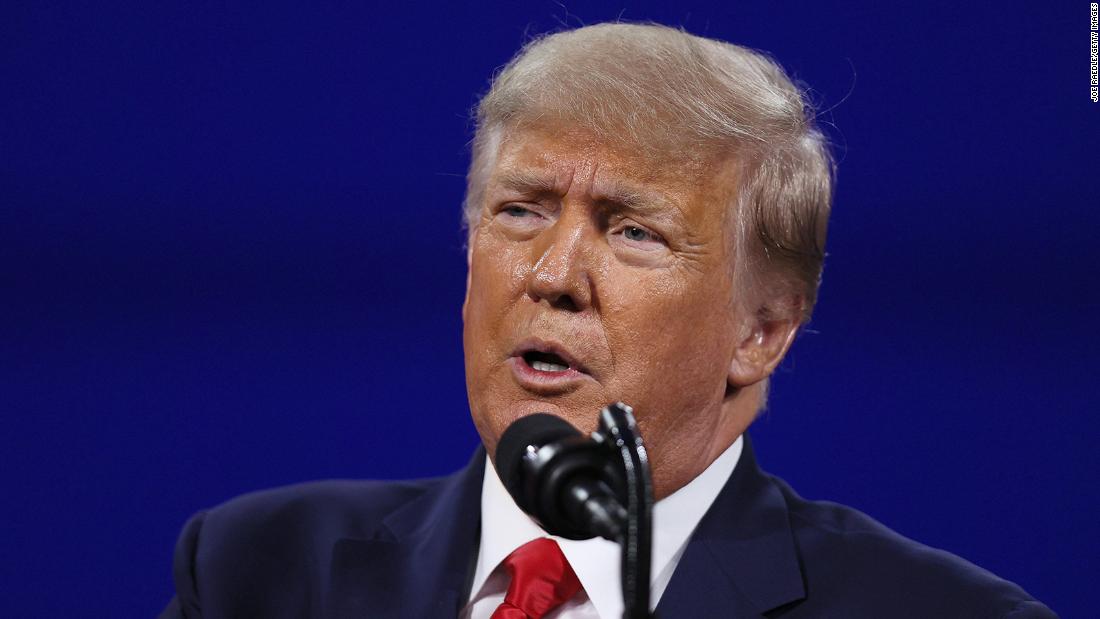Communities like Greeneville (Tennessee) and its surroundings — rural, overwhelmingly Republican, deeply Christian, 95 percent white — are on the radar of President Biden and American health officials, as efforts to vaccinate most of the U.S. population enters a critical phase. These are the places where polls show resistance to the vaccine is most entrenched. While campaigns aimed at convincing Black and Latino urban communities to set aside their vaccine mistrust have made striking gains, towns like these will also have to be convinced if the country is to achieve widespread immunity.
But a week here in Greene County reveals a more nuanced, layered hesitancy than surveys suggest. People say that politics isn’t the leading driver of their vaccine attitudes. The most common reason for their apprehension is fear — that the vaccine was developed in haste, that long-term side effects are unknown. Their decisions are also entangled in a web of views about bodily autonomy, science and authority, plus a powerful regional, somewhat romanticized self-image: We don’t like outsiders messing in our business. ...
ALSO SEE: Some GOP officials seek to convince vaccine skeptics within its own ranks
 GOP seeks to convince vaccine skeptics within its own ranks WASHINGTON (AP) — When a group of Republican doctors in Congress released a video selling the safety of the coronavirus vaccine, their message wasn't explicitly aimed at their conservative constituents, but nonetheless had a clear political bent. Getting the shot is the best way to “end the government's restrictions on our freedoms," Rep. Larry Bucshon, an Indiana Republican and heart surgeon who donned a white lab coat and stethoscope when he spoke into the camera. The public service announcement was the latest effort from GOP leaders to shrink the vaccination gap between their party and Democrats. With vaccination rates lagging in red states , Republican leaders have stepped up efforts to persuade their supporters to get the shot, at times combating misinformation spread by some of their own. AP NEWS
GOP seeks to convince vaccine skeptics within its own ranks WASHINGTON (AP) — When a group of Republican doctors in Congress released a video selling the safety of the coronavirus vaccine, their message wasn't explicitly aimed at their conservative constituents, but nonetheless had a clear political bent. Getting the shot is the best way to “end the government's restrictions on our freedoms," Rep. Larry Bucshon, an Indiana Republican and heart surgeon who donned a white lab coat and stethoscope when he spoke into the camera. The public service announcement was the latest effort from GOP leaders to shrink the vaccination gap between their party and Democrats. With vaccination rates lagging in red states , Republican leaders have stepped up efforts to persuade their supporters to get the shot, at times combating misinformation spread by some of their own. AP NEWS AND: Trump's close advisers urge him to make PSA to persuade his followers to get the Covid-19 vaccine
 Trump's close advisers urge him to make PSA to persuade his followers to get the Covid-19 vaccine With polls showing about half of Republicans are unenthusiastic about getting a Covid-19 vaccine, some of former President Donald Trump's advisers are encouraging him to make a public service announcement encouraging his followers to roll up their sleeves, according to two former senior Trump administration officials. CNN
Trump's close advisers urge him to make PSA to persuade his followers to get the Covid-19 vaccine With polls showing about half of Republicans are unenthusiastic about getting a Covid-19 vaccine, some of former President Donald Trump's advisers are encouraging him to make a public service announcement encouraging his followers to roll up their sleeves, according to two former senior Trump administration officials. CNN

